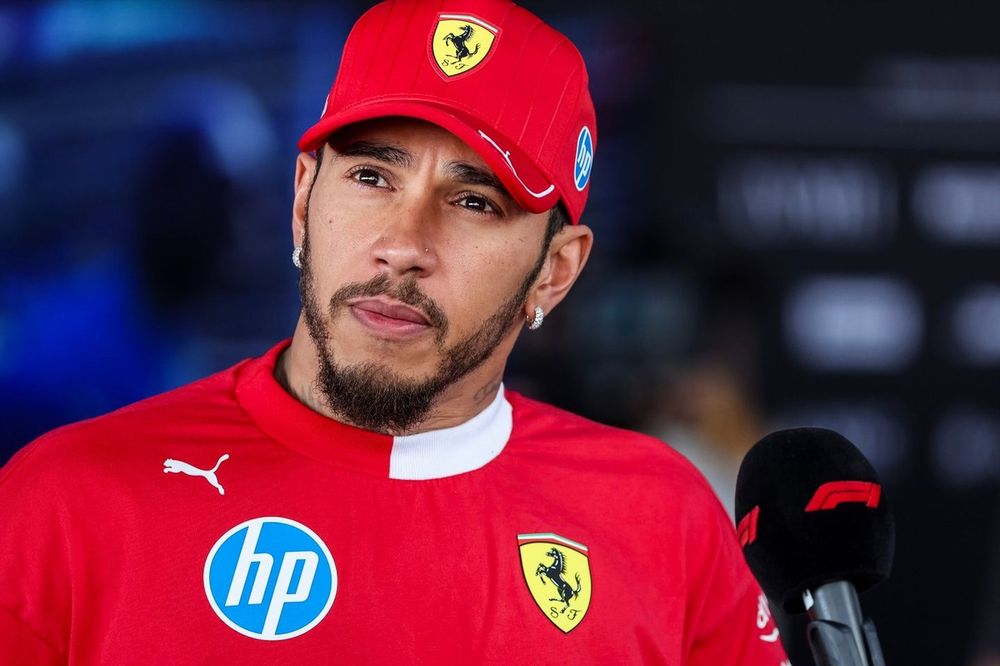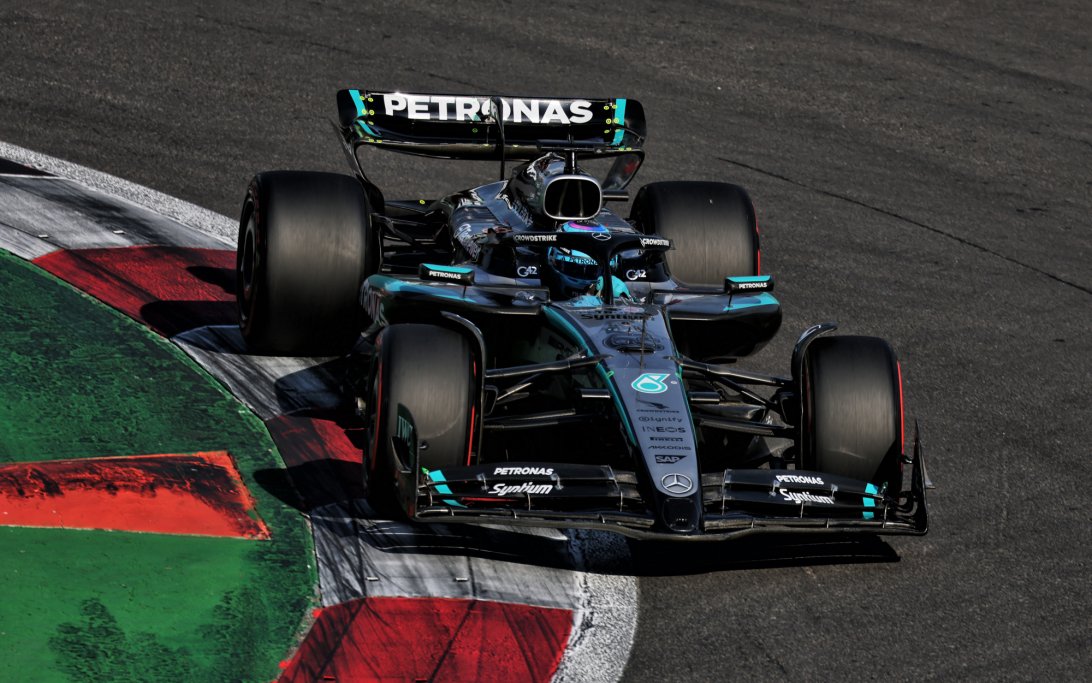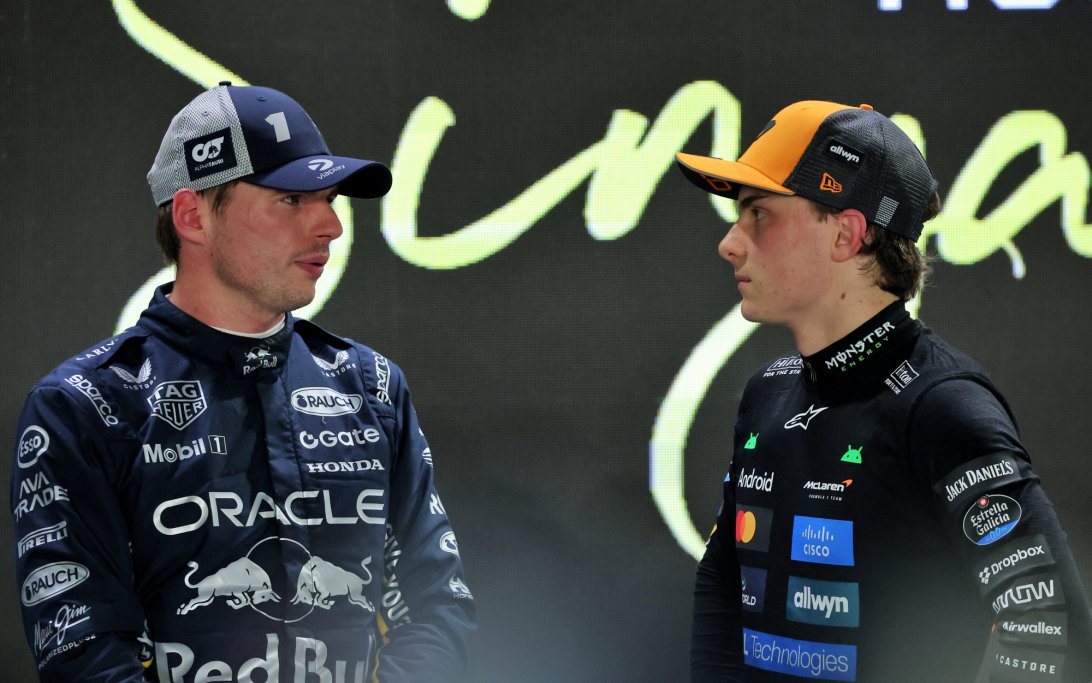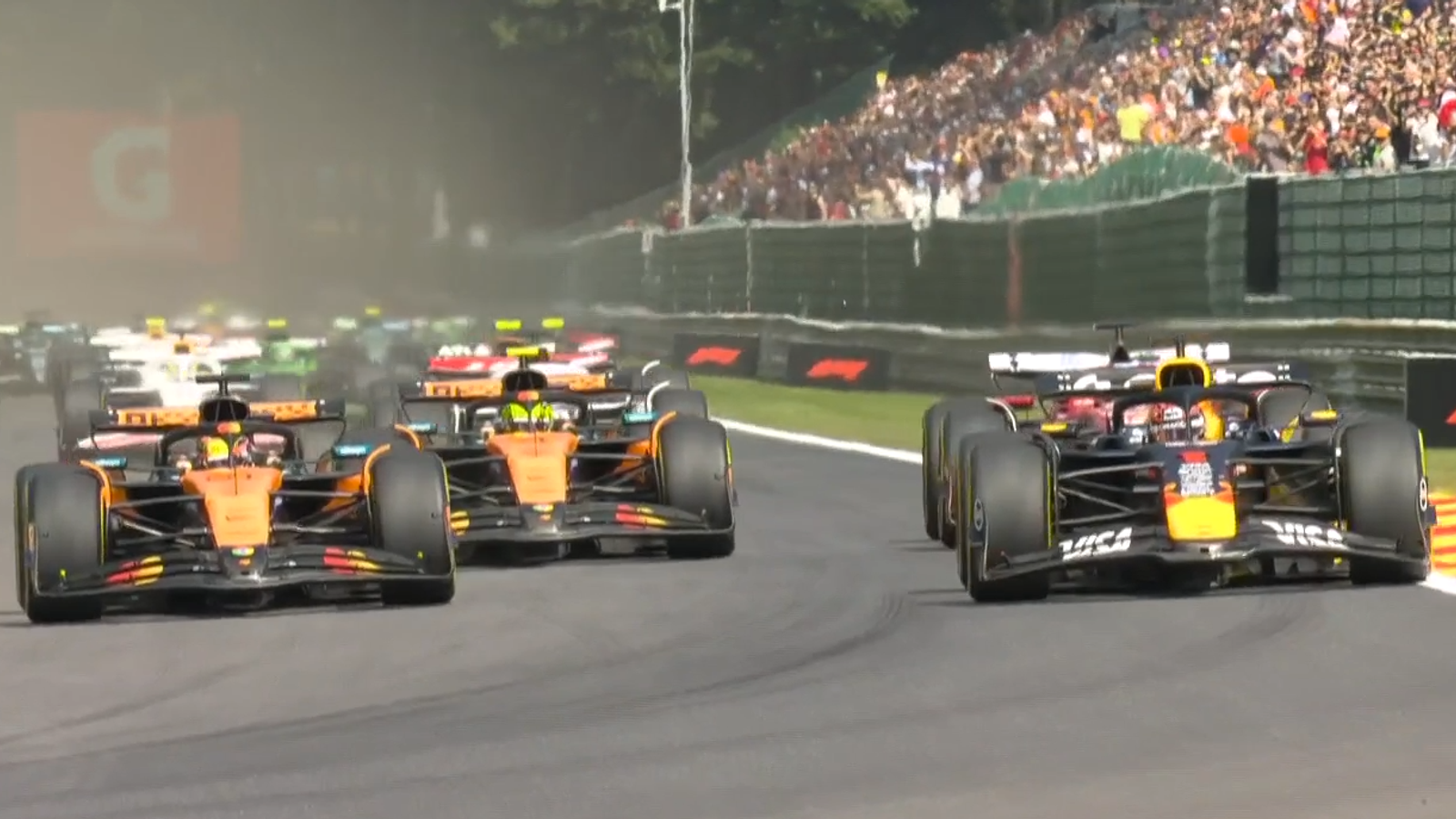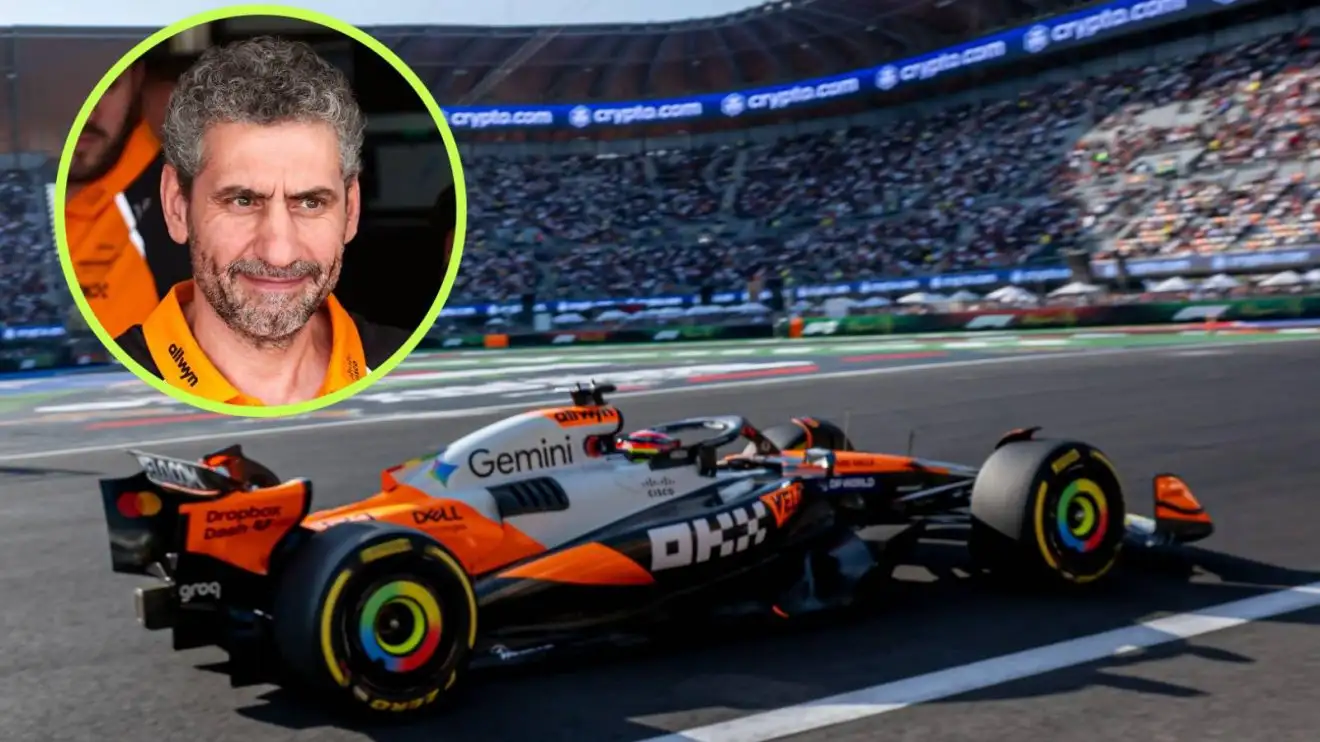
McLaren Warns of 'Heavily Compromised' 2026 F1 Project Amid Red Bull Pressure
McLaren Team Principal Andrea Stella stands firm on the decision to halt MCL39 upgrades, cautioning that a continued development push this late in the season could "heavily compromise" their F1 2026 project. This strategic choice comes as Red Bull continues to develop its RB21, intensifying the championship battle with Max Verstappen.
Why it matters:
McLaren's calculated gamble to shift focus to 2026 highlights the critical balance F1 teams must strike under budget cap regulations. Prioritizing future competitiveness over immediate, marginal gains is a high-stakes decision that could redefine the pecking order in the next regulatory era. A strong start in 2026 is crucial for any team aspiring to challenge for championships, especially given the complete overhaul of technical regulations.
The Details:
- Development Freeze: McLaren ceased major upgrades for the MCL39 this summer, despite Red Bull's ongoing development of the RB21, which has seen Max Verstappen become a formidable challenger.
- Aerodynamic Plateau: According to Stella, the MCL39 had reached an "aerodynamic plateau," meaning further development would yield diminishing returns. He explained, "to add one point of aerodynamic efficiency... it takes weeks for us," while the 2026 car offers "a lot of downforce every week."
- Resource Allocation: The budget cap forces teams to carefully allocate resources. Shifting full attention to the 2026 car earlier allows for a head start on the learning curve, potentially yielding greater long-term rewards than continued minor improvements on a car with limited remaining shelf life.
- Red Bull's Approach: Red Bull's continued RB21 development has puzzled some, as it risks compromising their 2026 project. However, Team Principal Laurent Mekies stated it's vital for validating their correlation between simulations and real-world performance—an area they've struggled with previously.
- Resource Limitations: Stella emphasized McLaren's constraints as a championship-contending team, stating, "we are the most restricted by the regulations in terms of the wind tunnel allowance and the CFD allowance." This necessitates a prudent allocation of resources between current and future projects.
Between the lines:
Stella suspects Red Bull's continued development isn't just about chasing pure performance but also about addressing specific car problems. He noted that it's "much easier to develop when you have some specific problems" or are "fixing something rather than trying to improve something that already works well." This suggests Red Bull might be using the current season to resolve underlying issues before the 2026 reset, even at a potential cost to their early 2026 program.
What's next:
McLaren's unwavering commitment to the 2026 regulations signifies their long-term championship aspirations. If their gamble pays off, they could emerge as an early frontrunner in the new era. Meanwhile, Red Bull's strategy of prioritizing current car validation, even at a potential cost to 2026, reflects a different risk assessment aimed at building foundational confidence for future car designs. The differing approaches highlight the complex strategic decisions teams face in Formula 1's evolving regulatory landscape.
Original Article :https://www.planetf1.com/news/mclaren-red-bull-andrea-stella-f1-2026-heavily-com...


